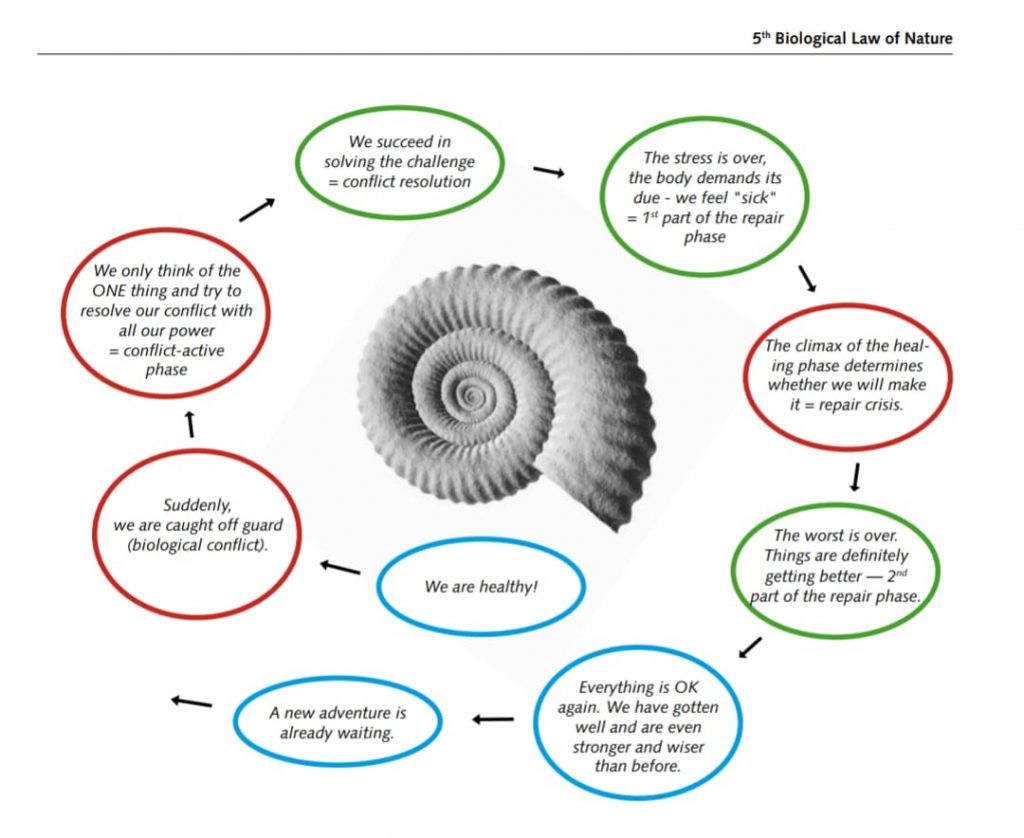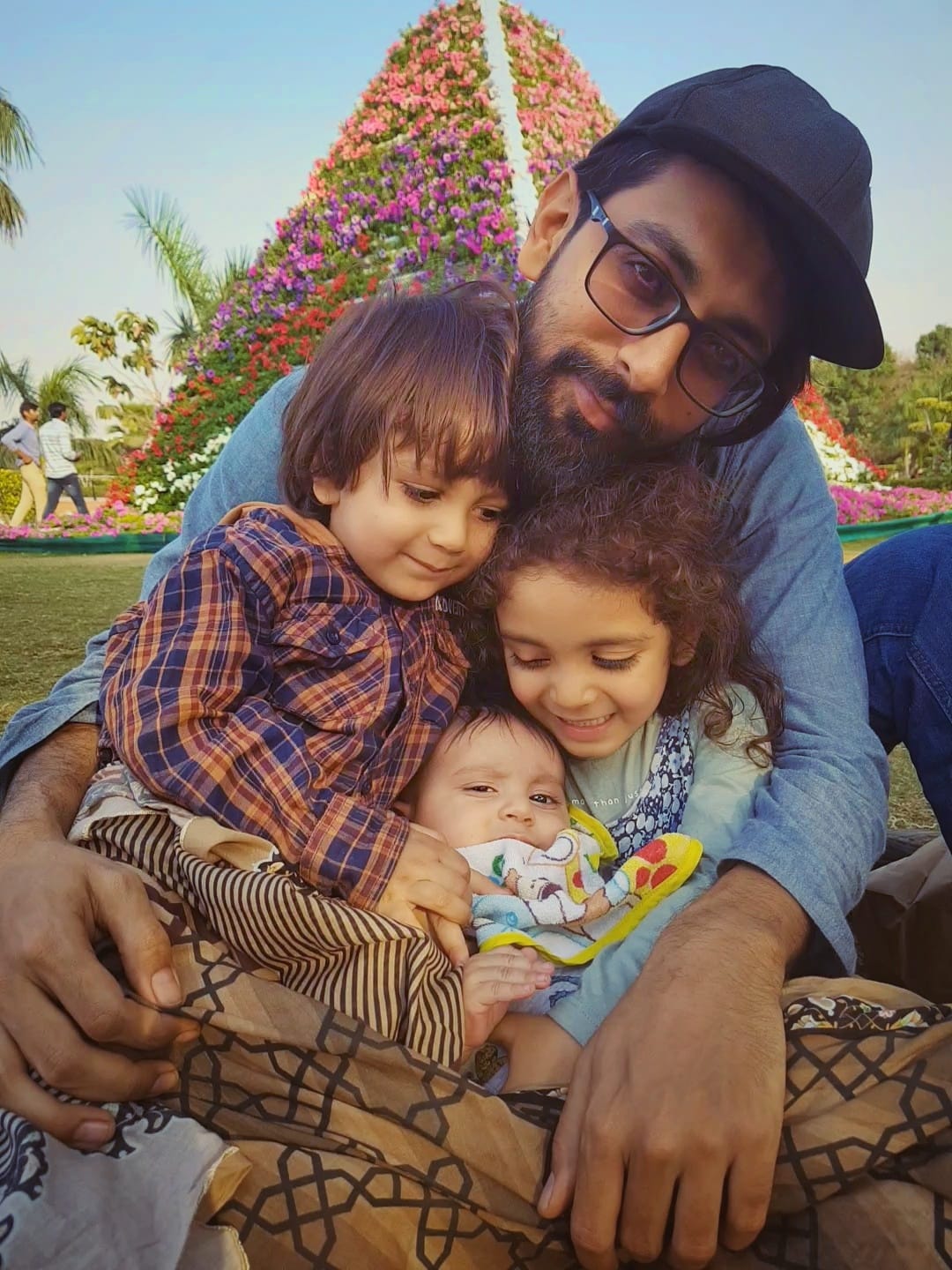Root Cause of Depression According to “The Psychic Roots of Disease“

Overview
Depression, as described in The Psychic Roots of Disease by Björn Eybl, stems from a variety of unresolved emotional conflicts and conditioning rooted in personal experiences, family dynamics, and ancestral history. Its manifestation often reflects a biological and psychological response to deep emotional burdens, loss, or unresolved conflicts.
Key Emotional Conflicts and Patterns
- Unbearable Situations: Depression can arise when an individual perceives their reality as overwhelming and wishes to “escape.” This emotional state is described as a biological strategy for retreat and protection.
- Example: A 10-year-old girl developed recurring absences at school because her father, overwhelmed by his responsibilities, unconsciously projected his desire to “disappear.” The girl embodied this conflict, making the family aware of the issue【360:0†source】.
- Family Energies:
- Parental Relationships: A child who despises or feels disconnected from a parent often becomes depressed, cutting themselves off from a vital source of emotional energy. Healing such a dynamic requires acknowledgment and acceptance of parental relationships as they are.
- Healing Affirmation: “You are my only father/mother, and the best one for me. Thank you.”
- Inherited Depression: Depression may be passed down as a form of “solidarity” within families. For example, a child might unconsciously adopt the sadness or depressive tendencies of a parent.
- Parental Relationships: A child who despises or feels disconnected from a parent often becomes depressed, cutting themselves off from a vital source of emotional energy. Healing such a dynamic requires acknowledgment and acceptance of parental relationships as they are.
- Secret Death-Wish:
- Self-Sacrifice: A child may unconsciously wish to take on the fate of a beloved family member to alleviate their suffering (“Better me than you”).
- Survivor’s Guilt: A sense of injustice for living when a family member has died can lead to depressive tendencies (“I will follow you”).
Symptoms and Social View
- Depression is often accompanied by fatigue, lack of motivation, and loss of interest in enjoyable activities. In milder forms, it manifests as shyness or introversion.
- Burnout Syndrome: Common among individuals in restrictive environments (e.g., workplaces, schools) where creativity and personal growth are stifled. These individuals may feel like “hamsters in a wheel,” devoid of purpose and drained of energy.
Spiritual Insights
From a spiritual perspective, depression indicates disconnection from one’s inner calling and divine energy. A life focused solely on external expectations and societal norms leads to emptiness and dissatisfaction.
- Healing Reflection: Asking questions like, “What is the meaning of my life?” or “What sustains my happiness?” can help individuals realign with their true purpose.
Therapeutic Approaches
- Conflict Resolution: Identifying and addressing the core emotional conflicts that triggered the depressive state.
- Family Dynamics: Healing ancestral wounds and unresolved familial patterns can alleviate inherited depressive tendencies.
- Lifestyle Adjustments:
- Gratitude practices: Focusing on positive aspects of life.
- Acts of kindness: Shifting attention outward through generosity to break the victim mentality.
- Natural Remedies:
- Herbal support: Lavender tea, St. John’s Wort.
- Nutritional adjustments: Omega-3 fatty acids, vitamin B.
- Mind-body practices: Regular exercise, communion with nature.
Conclusion
Depression is not merely a psychological or chemical imbalance; it is deeply rooted in unresolved emotional and ancestral conflicts. Healing requires a holistic approach encompassing emotional acknowledgment, familial healing, and realignment with one’s spiritual purpose. By addressing these root causes, individuals can regain their vitality and joy in life.
Even though the book says that our parents pass issues to us, I say that we are born with an ego weakness and we are destined to experience the manifestations of the ego in a desired family that we choose. Through resolution we realise the soul and thus come close to God. Depression is a pathway to enlightenment.

